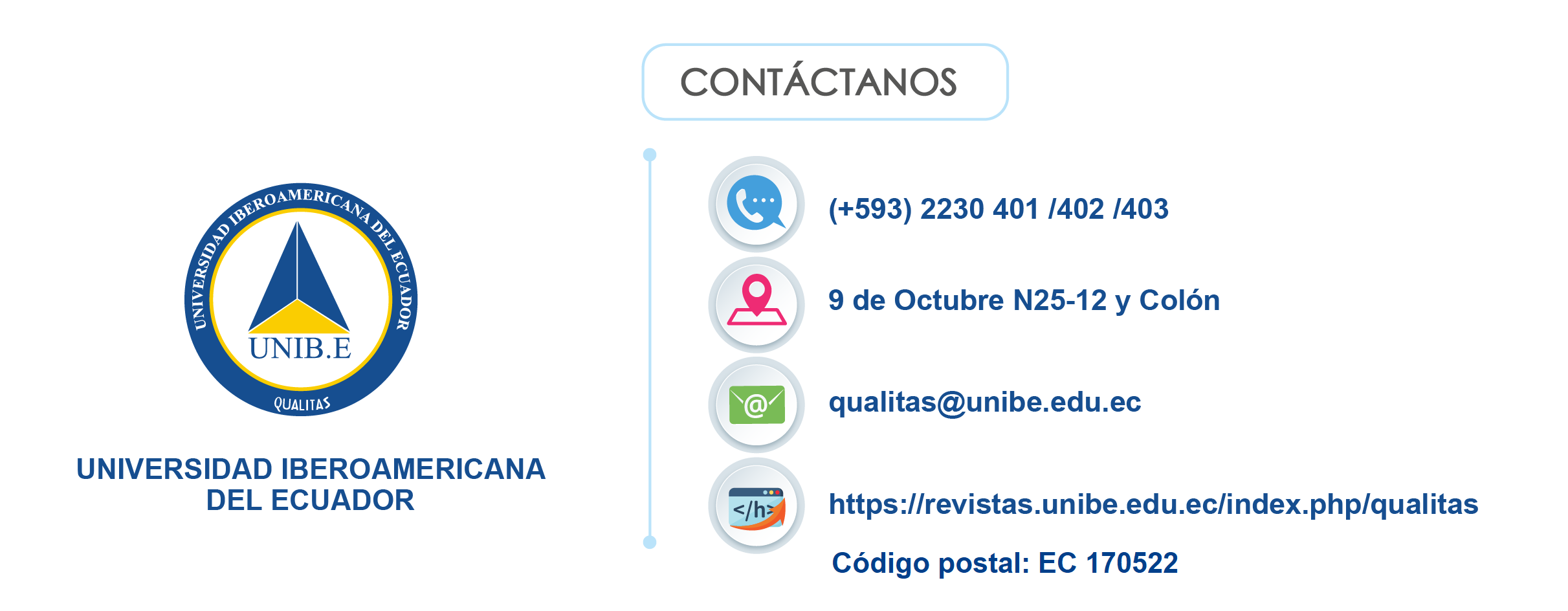Phenomenological construction of the university management from a social production approach for integral development
Keywords:
University Management, Social Production, Integral Development.Abstract
the general objectiv of the present investigation is the construction process based don hermeneutics phenomenology of Heidegger (2010) in relation to univesity management from the focus of the socio-productive to obtain the integral development. From this perspective, the phenomenological construction of university management is offered, that expresses the self-representation of the meaning expressed by the key informants in relation to three (03) categories studied: i) University Management, ii) Focus Socio-productive, iii) Integral Development. The diagram es a useful technique to classify various relationships between the emerging categories of the information provided, as well as, integrating concepts around a central category to obtain a clear and graphic description of the theory. It´s a qualitative research, makes use of hermeneutic phenomenology, Heidegger (2010) as action logic. The findings indicate that university management is projective, is based on projects aimed at satisfying the demands of actual society, from the investigation, social production and social action.
Downloads
References
-Bossier, S. (2004) Desarrollo Territorial y descentralización. El desarrollo en el lugar y en las manos de la gente. Chile. Revista Latinoamericana de Estudios Urbanos Regionales (EURE), Nº. Universidad Católica de Chile.
-Castillo, R e Ibáñez, N. Hacia una epistemología de la gerencia. Orbis. Revista Ciencias Humanas, vol 6, num. 16, 2010
-Etzkowitz, H & Leydesdirff, L. (2000). The Dynamics of innovation: From National Systems and Mode 2 to a triple Helix of University, Industry Govemment relaitons. Reseach.
- Escudero, A. (2008). Ser y Tiempo: una obra interrumpida. Proyecto de investigación “Interpretación y verdad en la hermenéutica fenomenológica”. Revista Eicasia. Disponible en http://revistadefilosofia.com/41-08.pdf
-Espinoza, R. (2005). Innovación y emprendimiento. Ponencia Seminario internacional Universidad y Desarrollo Regional. Barquisimeto. Venezuela.
- Heidegger, M. (2006). Introducción a la fenomenología de la religión. México: Fondo de Cultura económica. 233-256.
-Heidegger, M (2010). Ser y tiempo. México. Fondo de cultura económica.
-Ley orgánica del Sistema Económico comunal.
- Martínez, M. (2004). La investigación cualitativa en educación. Manuel teórico práctico. México: Trillas.
-Monagas, A. (2005). La gerencia universitaria ante el cambio institucional. ISSN: 1317-8822.Año 4. Nro 2. Vol 4. Pp.151-171. Venezuela.
-Padron, J. (2014). Notas sobre enfoques epistemologicos. Estilos de Pensamiento y paradigmas: Proyecto de Epistemologia en DVD. Doctorado en Ciencias Humanas, Maracaibo: Universidad del Zulia.
-Rodríguez - Ponce, E (2017). La investigación en el campo de estudio de las instituciones universitarias. Interciencia 42 (2), 77
- Utria, Rubén (2002). El desarrollo de las Naciones, Sociedad Colombiana de Economistas. Bogotá.
-Velasco, A. (2003). Interpretación, diálogo y creatividad: Quintas jornadas de Hermenéutica. Ediciones UNAM
- Veliz, B. V. (2017). Modelo de gestion por procesos para asegurar la calidad de la Universidad. Tesis presentada en opcion al grado cientifico de Doctor en Ciencias Tecnicas. Universidad Tecnologica de la Habana “Jose Antonio Echeverria”. Facultad de Ingenieria Industrial. La Habana, Cuba.
- Xercavis, J. Cayuela, D. Cervantes, G. y Sabater, A. (2005). Desarrollo sostenible. Barcelona. Ediciones Universidad Politécnica de Catalunya
Published
How to Cite
Issue
Section
License
Copyright (c) 2020 PhD. Hector Carrasquero, PhD. Juan Lugo

This work is licensed under a Creative Commons Attribution 4.0 International License.



















